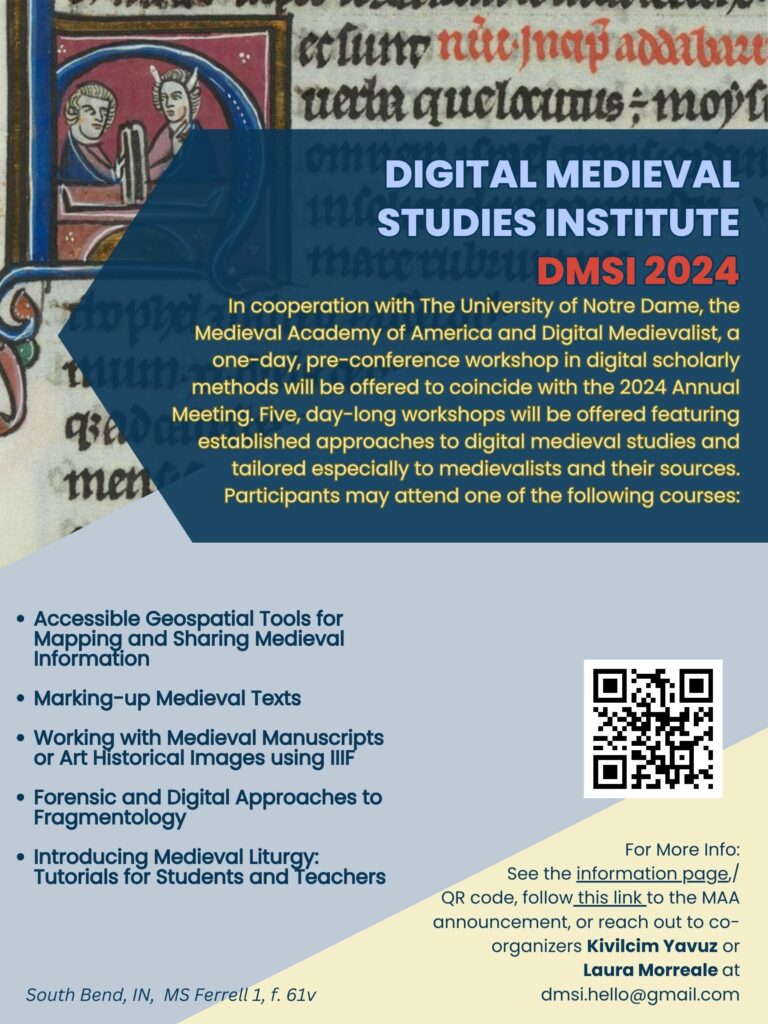Is that a Word or Not? The Odd Words found in Beowulf.
A Re-Examination of the Old English Dictionary,
Using Spaces and Letter Runes,
Reflects the Before and After of Epiphany.
When: June 10-12, 2024 (Monday-Wednesday)
What: The 49th Annual St. Louis Conference on Manuscript Studies (In-Person Only)
Where: St. Louis University at St. Louis, Missouri
Conference Website: https://www.smrs-slu.org/
Up for a challenge? An Open Call to all Old English Scholars—
Join us in June at “The Odd Words in Beowulf” Roundtable in St. Louis at the “Symposium on Medieval Studies.” The ivory halls will heat up with a groundbreaking discussion that fundamentally will change our current understanding of Beowulf.
Why are there so many odd words in Beowulf? Those one-time example words, found nowhere else in the Old English corpus. Each roundtable will examine five example words found in An Anglo-Saxon Dictionary (https://lrc.la.utexas.edu/books/asd/index-introduction) that give just one citation line for each word.
Those first five words are: lārena (269), unhār (357), werhðo (589), mān-fordǣdlan (563) and icge (1107) or another one-time word of your choosing from Beowulf. No duplications, so first-come, first-served.
Re-examine your word choice(s) in context.
Are the spaces in the right places? The Beowulf manuscript is infamous for inconsistent or missing spaces.
Are there words inside of a word?
Are there letter rune(s) inside the word?
[Letter runes are the letter(s) for the phonetic beginning letter of the runic word from the Elder Futhark and/or the Anglo-Saxon Futhorc alphabets, e.g.: i is for īs/ice, etc.]
Is there a scribal error and/or a variant?
In 250-words, break down your odd word into its actual words. Provide a bilingual translation of that line along with the lines before and after. At the Roundtable, explain your methods and your epiphany in 10-minutes. [Letter Rune Charts provided to all Presenters.]
For questions or guidance, contact Jim Buckingham at wibuck50@gmail.com
Send your 250-word abstract and a 50-word bio to Jim Buckingham at wibuck50@gmail.com
Before the Deadline: December 31, 2023

 As a collaborative effort between the University of Notre Dame, Digital Medievalist, and the Medieval Academy of America, a one-day, pre-conference workshop in digital scholarly methods will be held before the
As a collaborative effort between the University of Notre Dame, Digital Medievalist, and the Medieval Academy of America, a one-day, pre-conference workshop in digital scholarly methods will be held before the 

